Dutch Wednesday 2019
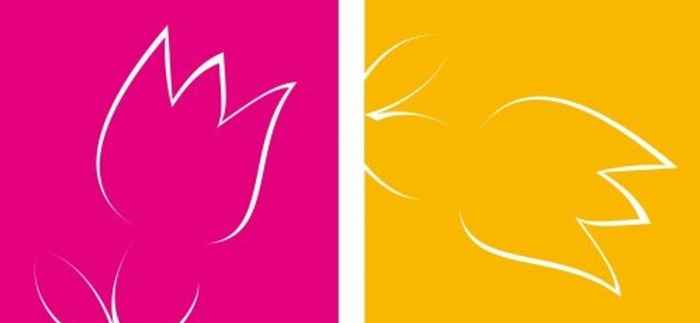
This lecture series has been developed with the financial assistance of the Wilhelmina E. Jansen foundation.

Upcoming lectures
Please stay tuned for the new Dutch Wednesday 2020 programme.
Previous lectures
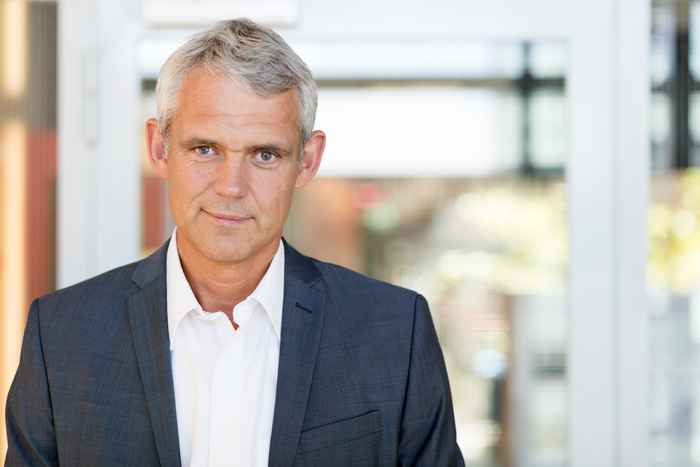
November 20th - prof. dr. Heino Falcke - Radboud University
Imaging the Event Horizon in the Galactic Center and M87
When illuminated by ambient light, the event horizon of black holes will cast a dark shadow. For the supermassive black holes in the Galactic center and in M87, this shadow is detectable with the “Event Horizon Telescope” (EHT), a global mm-wave very long baseline interferometry experiment. The Galactic Center hosts a compact radio source, Sgr A*, with a mass of only 4 Million solar masses, determined precisely from stellar orbits. This gives a robust prediction for a shadow size, allowing detailed tests of general relativity there. However, the imaging is challenging due to rapid source variability and image blurring in the interstellar medium. Imaging of M87 is not affected by these effects, but the black hole mass is more uncertain. With advanced computer simulations the appearance of the sources and their shadows can be modelled and predicted in detail. A first global campaign of the EHT was successfully conducted in 2017 and the data is currently being analysed and we discuss here the first results.
Heino Falcke has a broad background in theoretical astrophysics as well as experimental radio astronomy and is full professor at the Radboud University in Nijmegen. In 2011, Falcke received the Spinoza award, the highest science award of the Netherlands, and is member of the Royal Netherlands Academy of Arts and Science (KNAW) since 2014. He was honoured with the royal distinction of knight in the order of the Netherlands Lion for his scientific work in 2016.
In 2000, Falcke pioneered the idea of imaging the shadow of the event horizon of black holes with very long baseline interferometry at millimetre-waves (mm-VLBI). For this he received in 2013 a Synergy Grant of the European Research Council of 14 M€ together with two other co-Principal Investigators and established the “BlackHoleCam” project. The grant was given to the top 2% of submitted proposals across all disciplines in Europe. Falcke is founding member and chair of the science council of the global Event Horizon Telescope (EHT) consortium, which conducts first experiments to image black holes and the BlackHoleCam team members are active partners of this consortium.
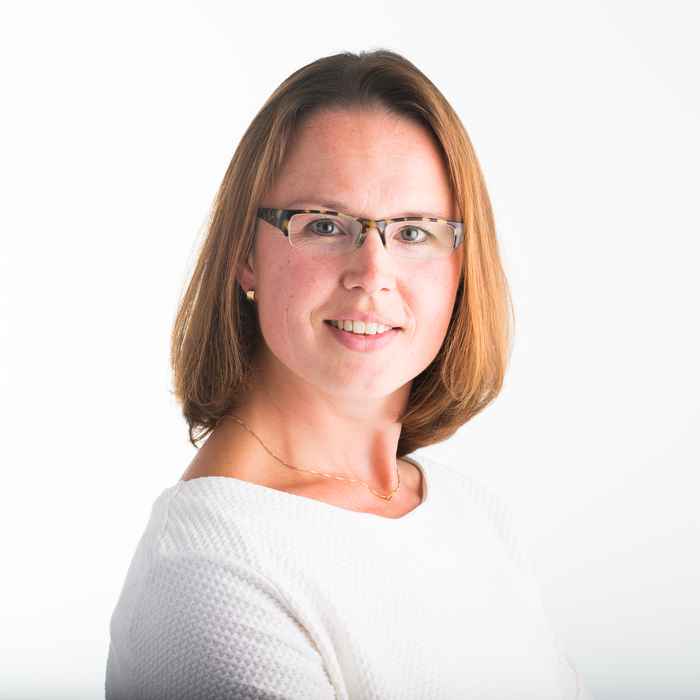
September 18th, dr. Carlijn Kamphuis – Utrecht University
Socioeconomic inequalities in health and health-related behaviours
Being healthy is highly valued by most individuals, but, on the other hand, acting in a health-promoting way in our day-to-day lives is not easy. Most people know that refraining from tobacco and alcohol, getting regular physical activity, and eating fruit and vegetables increases one’s chances to live a longer and healthier life, but find these behaviours difficult to adhere to. What we observe in the Netherlands -as in many other countries- is that healthy behaviours are even less likely practiced by low compared to high socioeconomic groups. Why is this the case? The fact that very different health-related behaviours follow the same socioeconomic gradient suggests that the causes should likely be looked for in non-behaviour-specific factors, e.g. sociocultural and material living circumstances. With my research, I aim to better understand how the circumstances under which people grow up, reside, work, and age differ between low and high socioeconomic groups, and how these differences contribute to socioeconomic inequalities in health-behaviours. These insights may provide valuable input for policies and interventions that aim to reduce the gap in health and health-behaviours between low and high socioeconomic groups. In my talk, I will discuss what we already know about the role of sociocultural and material circumstances for socioeconomic inequalities in health-related behaviours, some recent insights from current research projects I’m involved in, and important future research challenges.
Carlijn Kamphuis is an Associate Professor of Public Health at the Department of Interdisciplinary Social Science, of Utrecht University. She has a background in public health and health promotion. Last year, she was a research fellow at the Netherlands Institute for Advanced Study (NIAS) in Amsterdam. Currently, she is work package leader of the Policy Evaluation Network – a JPI-funded European network aiming to evaluate European-level and national-level policies that affect physical activity and healthy food choices in European countries (http://www.jpi-pen.eu). In the city of Utrecht, she collaborates with policy makers, architects, and housing corporations to develop a systems-based strategy for reducing health inequalities.
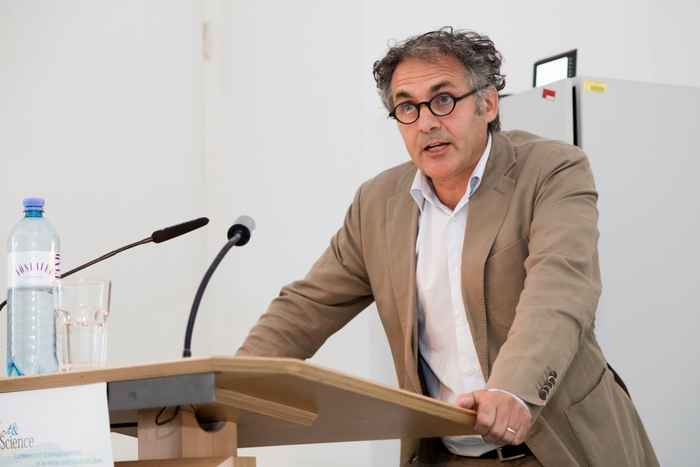
Mach 27th, dr. Arjan de Koomen – University of Amsterdam
Re-creating the Rembrandthuis: Analogies and Antagonism between Antwerp and Amsterdam
As a beneficial coincidence, the houses of the two most important artists from the Netherlands have survived. Art lovers in Antwerp and Amsterdam strove to acquire the houses in order to “turn back time” to the days of Rubens and Rembrandt, and make them into places of local as well as universal veneration for these artists. As both houses had changed unrecognizably, the question if they should and could be made into artist house-museums was hotly debated and provoked an early public discussion on the issue of historical reconstruction.
This lecture is about the competitive interplay between the Flemish and Dutch initiatives in the creation of the respective house-museums. A fascinating aspect are the differing ways in which each house-museum has dealt with the dilemma of historical re-creation.
Arjan de Koomen is art historian affiliated to the University of Amsterdam. He teaches art of the Renaissance and Baroque period, with an emphasis on Italian and Dutch art. Recently, he has introduced so-called Technical Art History at the Universiteit van Amsterdam. At the moment he is program director of four disciplines and has joined the advisory board of the Dutch Institute in St. Petersburg. Eralier in his career he worked at the Rijksmusuem as curator of sculpture and at the Dutch Art Historical Institute in Florence, as sister institution of Petersburg's.
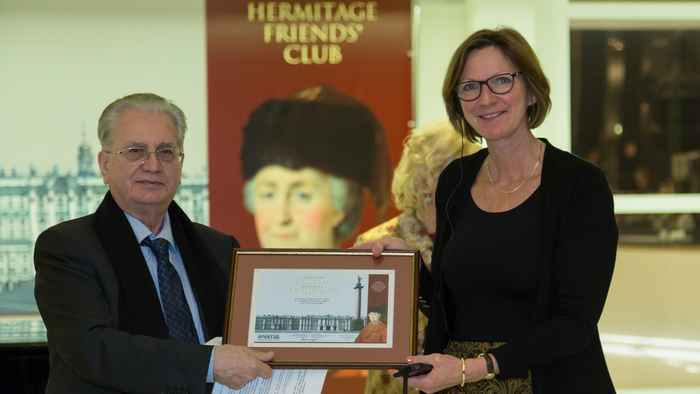
February 27th, Marlies Kleiterp –Hermitage Amsterdam
Creative Designs in de Hermitage: wisselwerking tussen kennis, collectie en presentatie.
Making an exhibition is a process that can take several years, and you are not doing it alone. With a permanent partner as a the State Hermitage Museum – with a treasury with more than three million works of art - the Hermitage Amsterdam has a unique position in the Netherlands. In her lecture, Marlies Kleiterp will talk about this unique cooperation, which is based on exchange of knowledge and mutual respect. A crash course: how to make an exhibition?
Marlies Kleiterp is Head of Exhibitions at the Hermitage Amsterdam and De Nieuwe Kerk. She studied Art History and Archaeology at the University of Leiden. After graduation, Kleiterp started at the National Museum of Antiquities in Leiden, where she worked until 2005. Since then she fulfills her current position. She is also a board member of the International Committee of Exhibition Exchange (ICOM), a member at International Organisers Group (IEO), the Master's students selection committee for Museum Studies at the University of Amsterdam and also a member of the advisory council of the Dutch Institute in St. Petersburg.
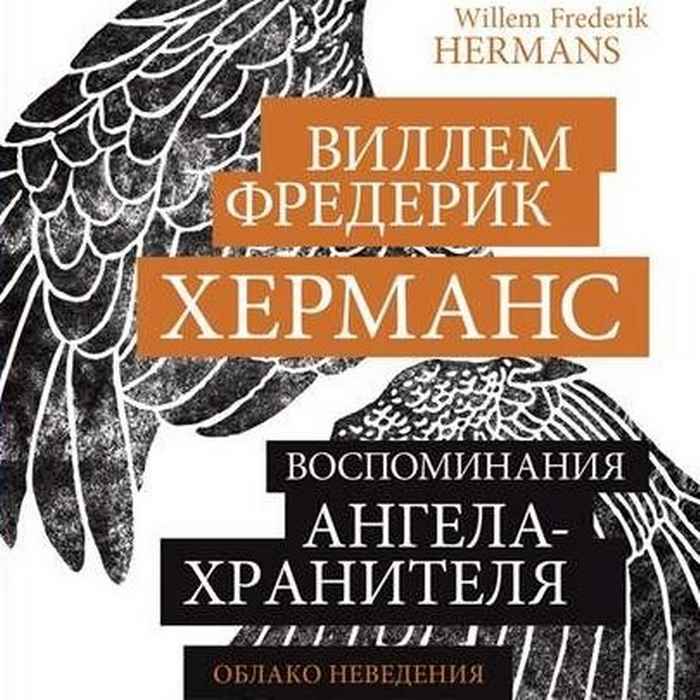
Hermans Days - special edition of Dutch Wednesday
The Hermans Days with scientific conference and book presentation.
On 4 and 5 June 2019 the Hermans Days took place at the NIP, a celebration of the works of W.F. Hermans on the occasion of the first Russian translation of his novel Herinneringen van een engelbewaarder. De wolk van niet weten. Leading specialists from the Netherlands and Russia gave scientific and (cultural) historical lectures, followed by a round table discussion.
Tuesday 4 June, the Dutch day, was dominated by the person W.F. Hermans, his authorship, and interpretations of his work with leading Dutch scientists in the field of modern Dutch literature.
On Wednesday, June 5, the Russian day, the translation of the book was presented to the Russian public. Also some parts of the book were nominated and the day ended with a screening of the film Beyond Sleep, based on Hermans' Nooit Meer Slapen.